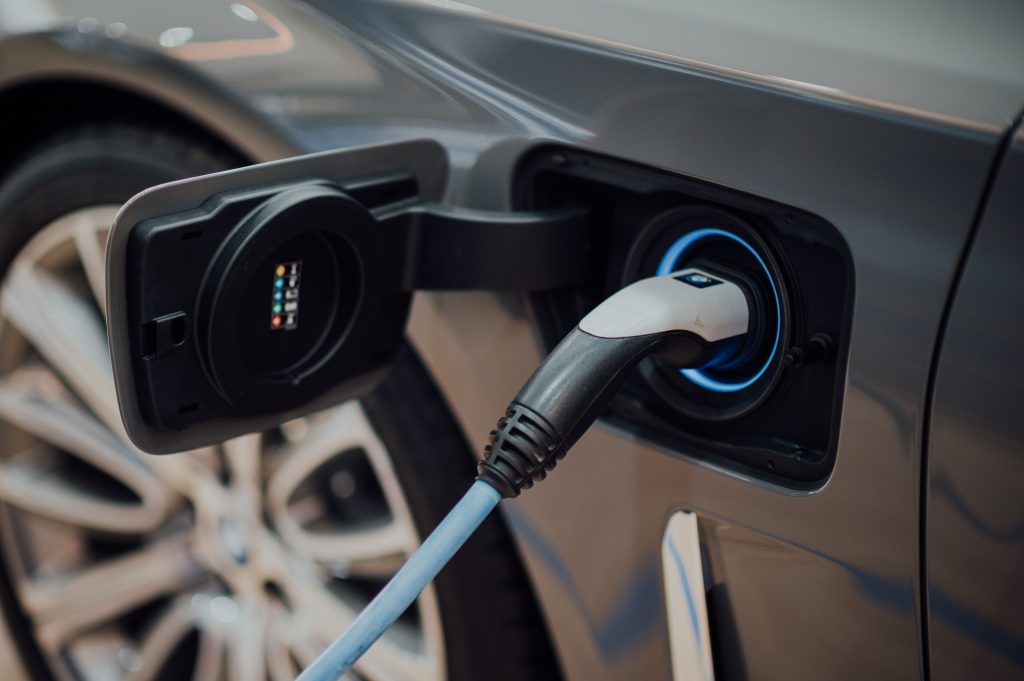There are currently 75,000 electric vehicles registered in Ontario, but the provincial government expects 1 in 3 Ontarians will own an EV by 2030. Here are five frequently asked questions about EVs.
How does one choose an EV that's just right?
There are models to suit every taste, ranging from all-electric to plug-in hybrid. To find one that fits your needs, it’s essential to define what those needs are. Consider factors like the number of passengers you need to transport, how much cargo space you require, how many kilometres you drive each day, both in the city and on highways. Will the EV be the family’s main or secondary car? Can you install a charging station at home and is there one where you work?
Note that there’s always the possibility of using an EV for everyday driving and a rental for special occasions (for example, trips to the U.S. or off-road excursions). A fully electric car is quiet and doesn’t emit greenhouse gases. Its driving range varies from 200 to 600 kilometres. A plug-in hybrid affords a longer range, thanks to its gasoline–powered engine that will kick in when the battery runs out. It is less expensive than an EV, but requires the same level of maintenance as a conventional car.
Are electric cars expensive?
While prices vary, it’s still true that an EV tends to be a few thousand dollars more expensive than a comparable car with an internal-combustion engine. It’s important, however, to consider the cost of both owning and using the car. If you keep it for a long time, the expense is worth the cost. When you buy or lease a new green vehicle, you’re entitled to $5,000 from the federal government. If a new car is out of your budget range, the Ontario government offers a $1000 rebate through the Plug’n drive Used Electric Vehicle program. Finally, the energy cost of using an EV is generally at least four times less than that of a gasoline-powered car. There’s no need for oil changes, no exhaust pipe, and brakes wear out less quickly.
What affects an EV's range?
An EV today can drive 200 to 600 kilometres on one charge, a range that’s amply sufficient for most drivers. Battery power can vary depending on ambient temperature, cargo load and driving habits. The colder it gets or the faster you drive, the more diminished the range, which also decreases with use and over time.
What’s the life expectancy for an electric vehicle?
Your EV will last a long time if you follow the operating instructions outlined in the owner’s manual. High-voltage batteries last an average of more than 10 years, longer than what’s covered in a normal warranty (8 years/160,000 kilometres).
Are EVs really good for the environment?
Yes, EVs are ultimately more eco-friendly than a gas-powered vehicle. To arrive at this conclusion, you need to look at an EV’s entire life cycle, including its conception. While the extraction of metals used for battery production is energy-intensive, a fully electric model doesn’t emit greenhouse gases and uses a renewable energy source. Also, battery recycling and metal-recovery processes are advancing rapidly, minimizing the environmental impact.
Content courtesy of CAA Quebec Magazine. Adaptation by Lyne Boisvert
Hit the road
Before hitting the road, make sure you have your CAA Membership handy. Check out our website for all our automotive services.


